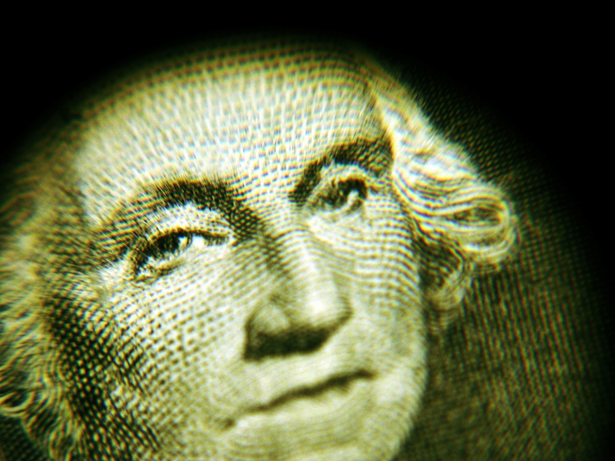A new Oxfam report warns of the dangers of global inequality.
Corinne Grinapol
(Reuters Pictures)
Here's a riddle: What do the eighty-five wealthiest people in the world have in common with the 3.5 billion poorest? Answer: the richest sliver possesses the same share of the world's wealth as its poorest half. Another startling fact? One percent of the world's families now possess 46 percent of the world's wealth. And another? Seven out of ten people live in countries where economic inequality has grown in the last three decades.
These and similar revelations are at the heart of "Working for the Few," a new report by Oxfam International about rising inequality. Released two days before this year's World Economic Forum, the global elite's annual high-altitude shmooze-fest, the report is a bracing look at the way the world's wealthiest have rigged the system, bending it into a "winner-takes-all" feedback loop to perpetuate their place at the top.
As laid out in the report, the rigging is made possible by this fantastic "ill-gotten" wealth ($110 trillion for the top 1 percent alone), which creates "political capture": the ability of elites to influence lawmakers to enact policies favorable to their interests. And that leads, in turn, to "opportunity capture," in which the best of everything, from healthcare to education, flows to the wealthy and their offspring. Then the cycle begins again.
This is a serious problem. As Oxfam's executive director, Winnie Byanyima, explains, "We cannot hope to win the fight against poverty without tackling inequality. Widening inequality is creating a vicious circle where wealth and power are increasingly concentrated in the hands of a few, leaving the rest of us to fight over crumbs from the top table."
To break this cycle, the report offers a roster of solutions aimed squarely at the privileged class: progressive taxation, an end to tax shelters, a living wage for workers, etc. They're all solid suggestions, with just one problem: many require the wealthy to use their political heft to advocate policies that run counter to their interests. Now there's a riddle waiting for an answer.
Corinne Grinapol